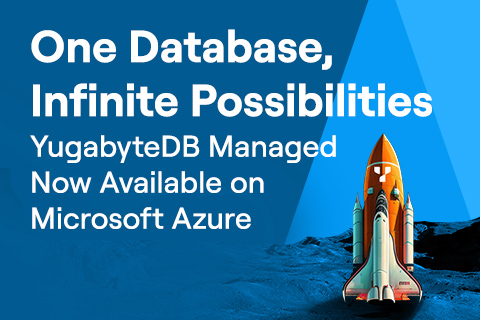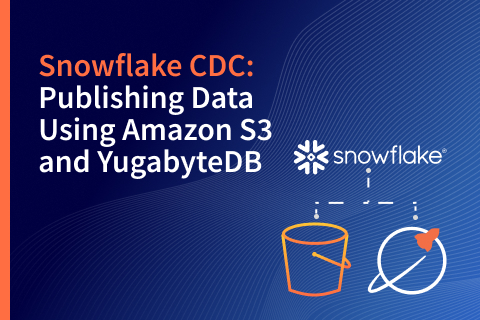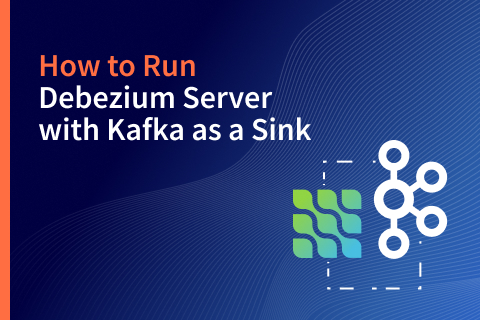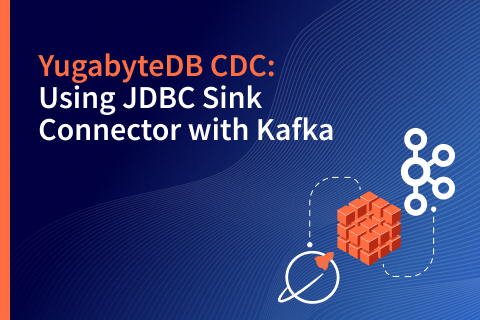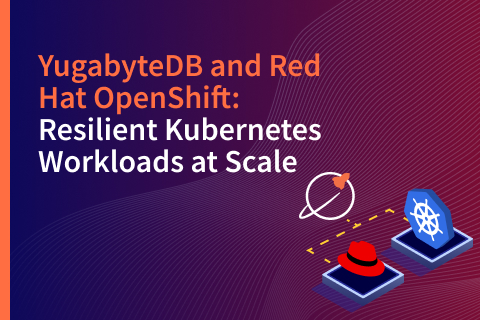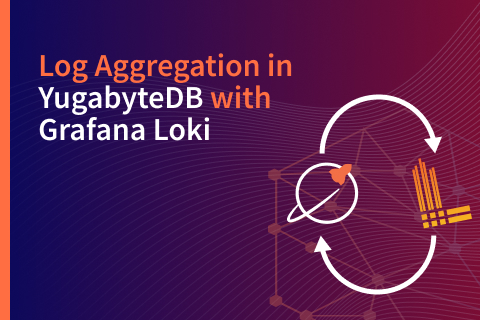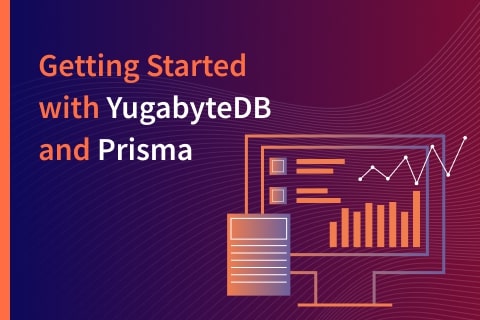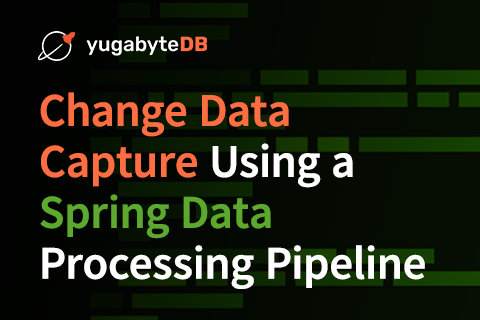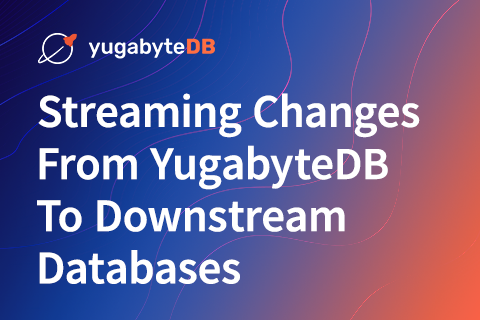Change Data Capture with Spring Boot, Debezium, and YugabyteDB
Implementing CDC using Spring Boot, Debezium’s embedded engine, and YugabyteDB offers a compelling strategy for real-time data synchronization without the complexities of a dedicated middleware. Discover why this embedded approach is ideal for scenarios that require simplicity, low latency, and reduced operational complexity.

